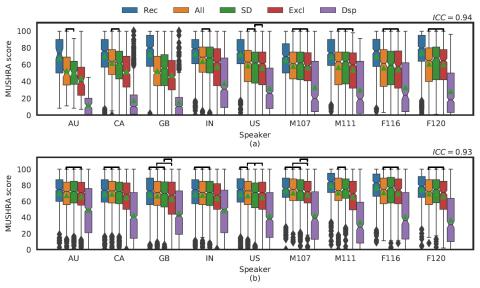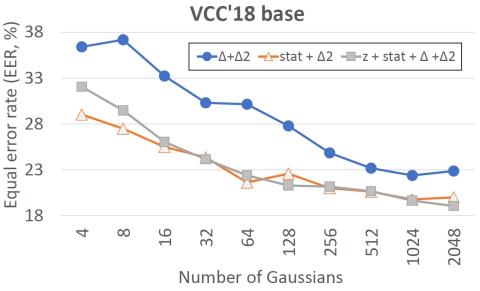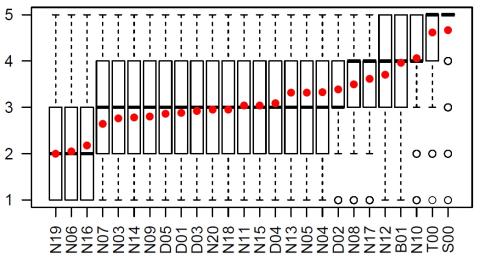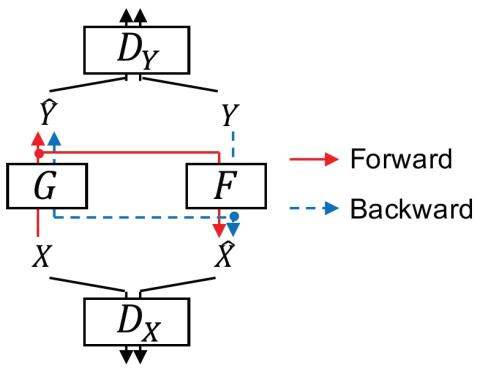
Voice Conversion for Whispered Speech Synthesis
We present an approach to synthesize whisper by applying a handcrafted signal processing recipe and Voice Conversion (VC) techniques to convert normally phonated speech to whispered speech. We investigate using Gaussian Mixture Models (GMM) and Deep Neural Networks (DNN) to model the mapping between acoustic features of normal speech and those of whispered speech. We evaluate naturalness and speaker similarity of the converted whisper on an internal corpus and on the publicly available wTIMIT corpus. We show that applying VC techniques is significantly better than using rule-based signal proce...



